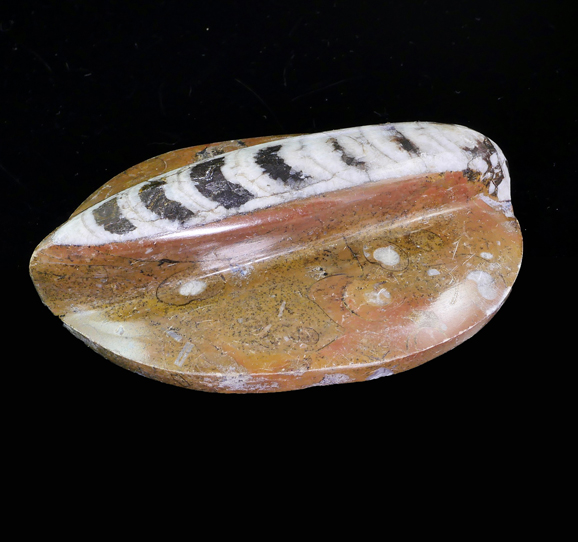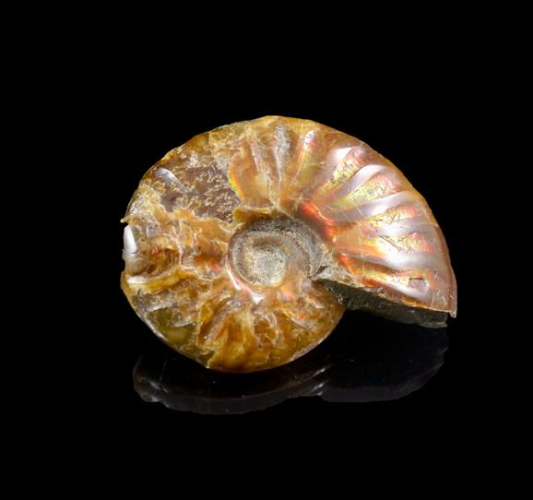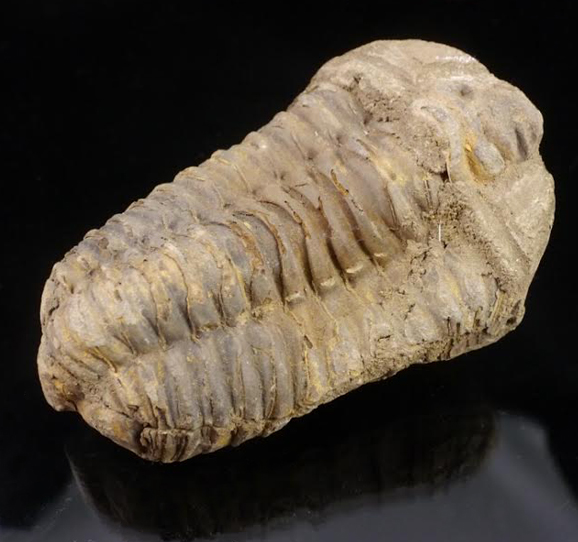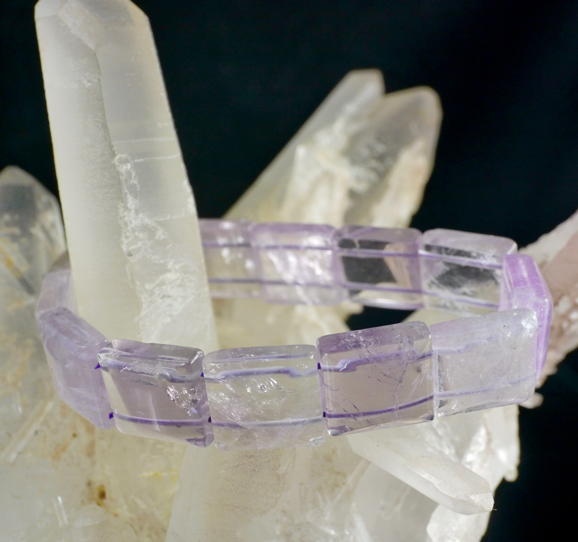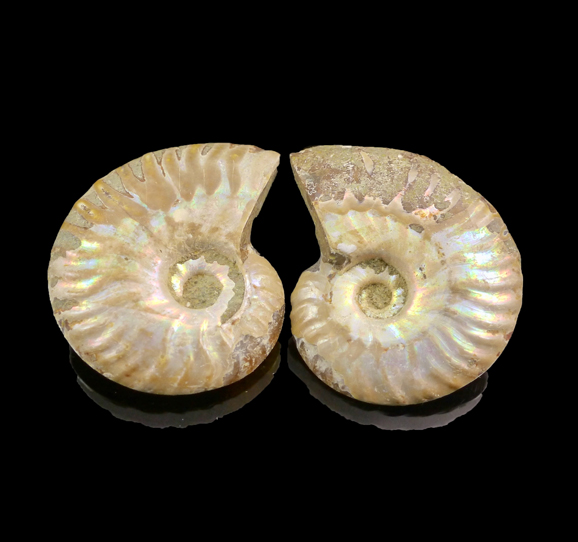Fossilised Ammonite Pairs
Add one of these Fossilised Ammonite Pairs to your fossil collection. This specimen shows off two halves of this nautilus. These unique ~350 million year old fossils make a great gift for someone who has it all! The intricate patterns of these once living creatures show off the golden ratio in its finest fossilised form.
Sliced in half to make a pair, traditionally, Ammonites were often given as wedding presents because they represented a journey and two parts coming together as a whole.
Please note, this image is only a representation of the size, colour and quality of one of the Fossilised Ammonite Pairs of which you will receive. The patterns will differ slightly according to each piece. If you wish to see your exact item before it is posted to you, simply send us an email at admin@feelcrystals.com.au or chat to us on Facebook.
Ammonite Meanings
Transition, transformation, personal growth
Chakras: Base, Solar Plexus
Element: Storm, Earth
Zodiac Signs: Capricorn, Virgo
Number: 8
Ammonite Crystal Healing Properties
Fossils are a wonderful tool to assist you in moving from the old to the new. It is thought to aid us to be receptive to the fresh, innovative forces that are available to you. Fossils may assist you in your quest for transition, transformation and personal growth, helping you to understand the process of change. They are thought to help you instil quality and excellence in your environment. Ammonites are believed to help you gain perspective on the present, integrate information about the past or potential future, or aid in reorienting yourself after entering altered states of consciousness. Ammonites may be especially useful for past life recall and to contact spirit guides. Traditionally they were used to honour ancestors and to connect to ancient sources of knowledge.
Ammonite History and Uses
Ammonites are invertebrates and extinct members of the subclass Ammonoidea, class Cephalopoda. Modern members include the nautilus, squid, cuttlefish and octopus. Ammonites first appeared during the Middle Devonian Period around 400 million years ago. They became especially abundant and widespread in the seas of the Jurassic and Cretaceous periods, 175 million to 65 million years ago. Ammonites were mollusks with shells that were predominantly tightly coiled on a single plane like a wheel. The shells of ammonites had hollow chambers separated by walls called septa. A tube called the siphuncle, connected the body with the chambers allowing the animal to fill them with water or air, changing its buoyancy in order to rise or descend in the ocean water column. The soft-bodied animal living in this shell most-likely resembled an octopus but with shorter arms. Only the last and largest chamber was occupied by the living animal. As it matured and grew, larger chambers were added at the opening. Ammonites varied in size from 2 meters (6.5 feet) down to 2 cm (0.75 inches) in diameter.
The name “ammonite” is derived from the name of the ancient Egyptian god Ammon who believed these creatures were divine. Ammon is represented in ancient literature by the head of a ram with twisted spiral horns that are reminiscent of an ammonites spiralled shells. Pliny the Elder, the Roman historian, described ammonites as the holiest stones in ancient Aethiopia because they were believed to bring prophetic dreams.
Ammonites have had a long association with serpents in English legend. The 7th Century Saint Hilda of Whitby turned an infestation of snakes to stone to enable an abbey to be constructed. These petrified “snakestones” were carved or painted with a head on them and sold as pious souvenirs. During the early 19th century English fossil hunters referred to ammonites as cornemonius, a corruption of the Latin name hammonis cornu.
Ammonites were used in folk medicine across Europe for snake bites, fertility, and birthing pains. In 18th century Germany and England they were added to water as “drakestones” (“dragonstone”) or “crampstones” to treat livestock. Sliced in half to make a pair, they were often given as wedding presents because they represented a journey and two parts coming together as a whole.
Ammonite Geological Description
Fossils (from Latin fossus, literally ”having been dug up”) are the mineralised or otherwise preserved remains or traces of animals, plants, and other organisms. In ancient times, they were believed to be a gift from the stars and were revered by many cultures. Because of their age, they have been used throughout the centuries as a talisman for protection and long life.
Fossilisation is actually a rare occurrence because organic materials tend to decompose. As such, the process requires relatively quick preservation of bodily remains. Normally, the remains need to be covered by sediment or trapped in resin as soon as possible. However, there are exceptions, such as if an organism comes to rest in an anoxic (without oxygen) environment at the bottom of a lake. The oldest known structured fossils date from 3.5 billion years ago. There are several different types of fossils and fossilisation processes, including permineralisation, mold or replacement fossils, compression fossils, resin fossils and trace fossils. Many fossils available on the market are from Morocco, which has vast deposits of Devonian Limestone, which date back three hundred and fifty million years ago. Other areas prominent for fossils are China, the USA, Germany, Canada, Russia and Australia.
Affirmation
I will allow myself to open to the process of change and all the possibilities it brings.


